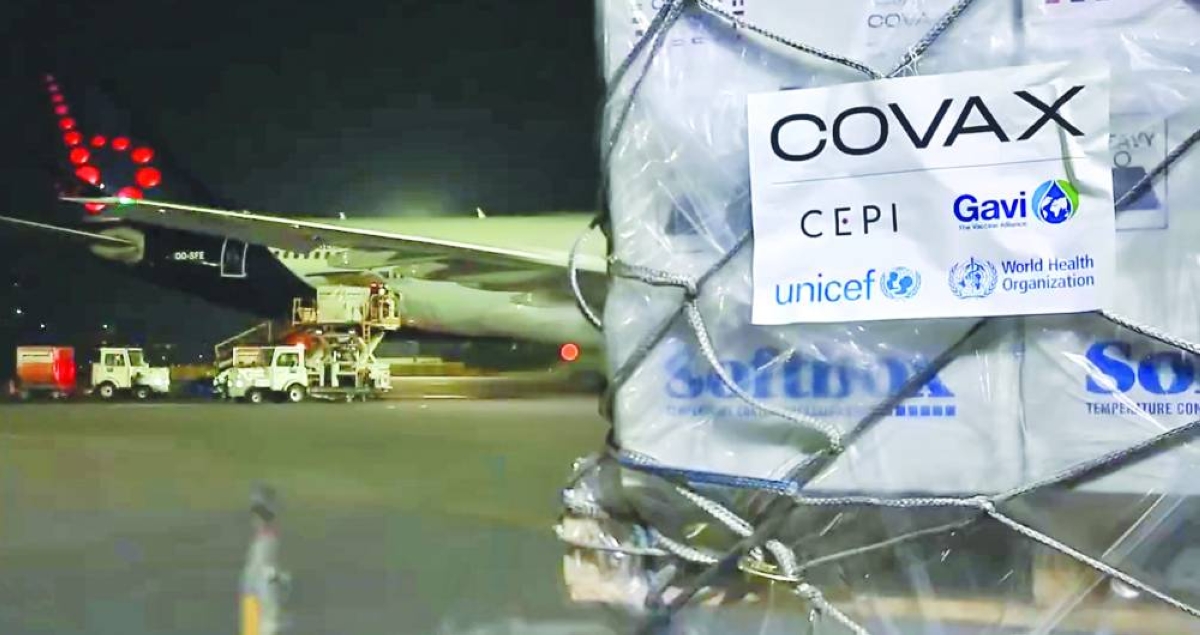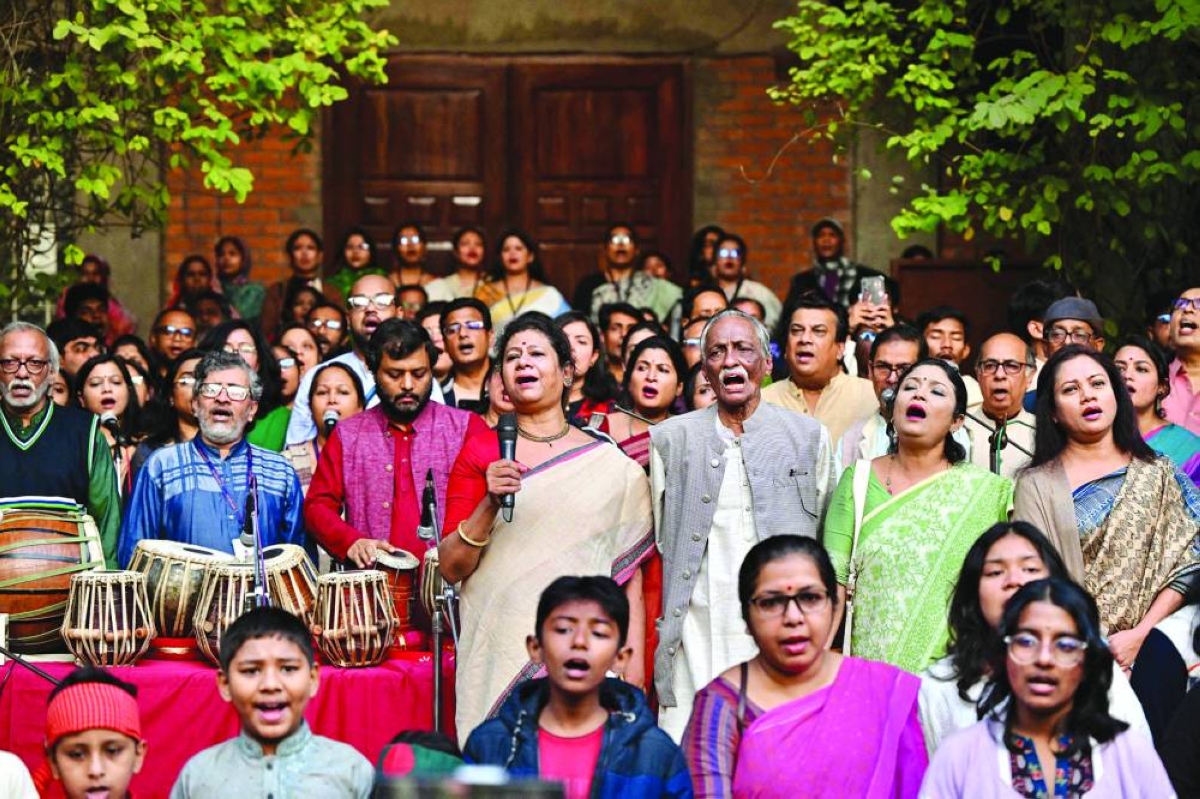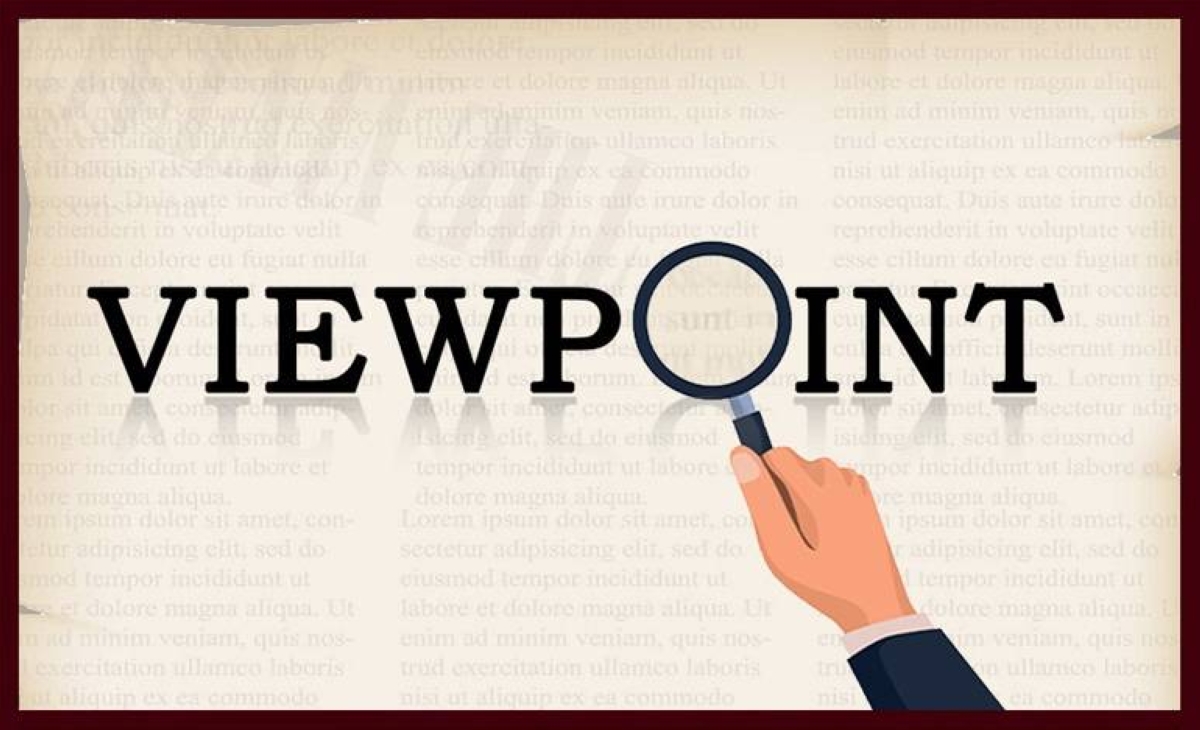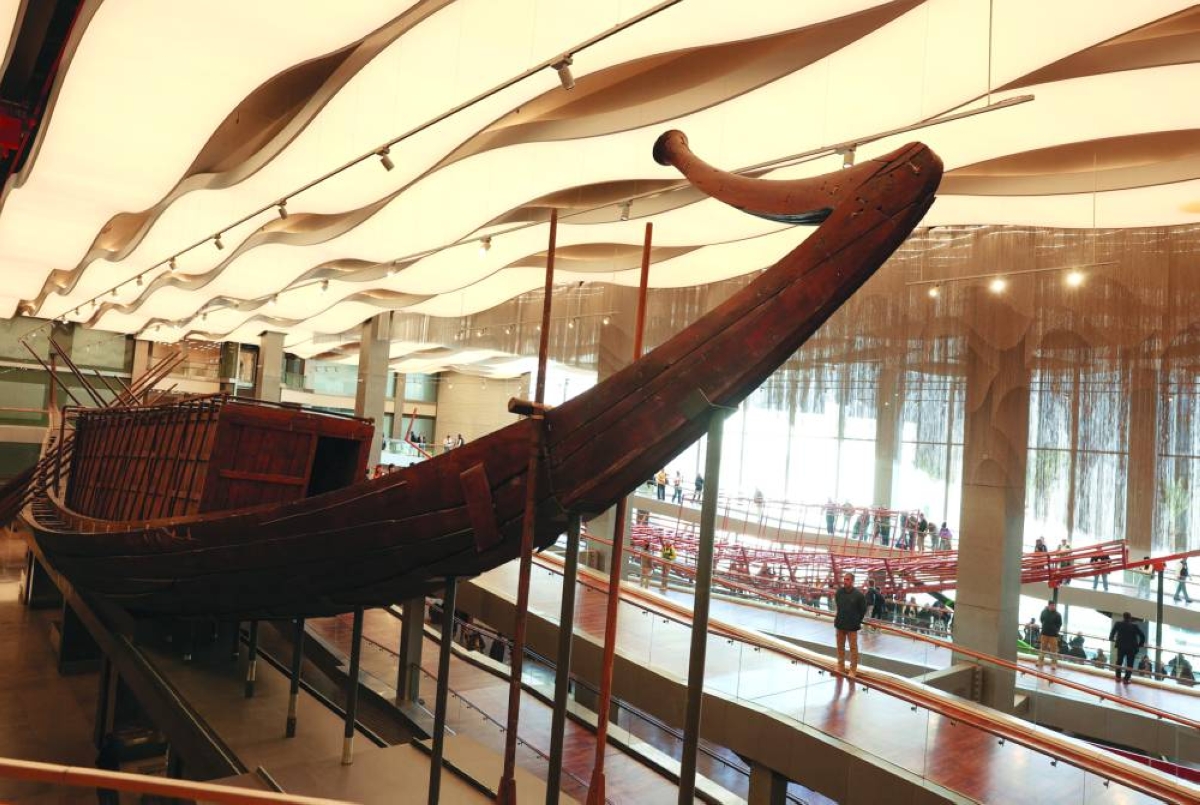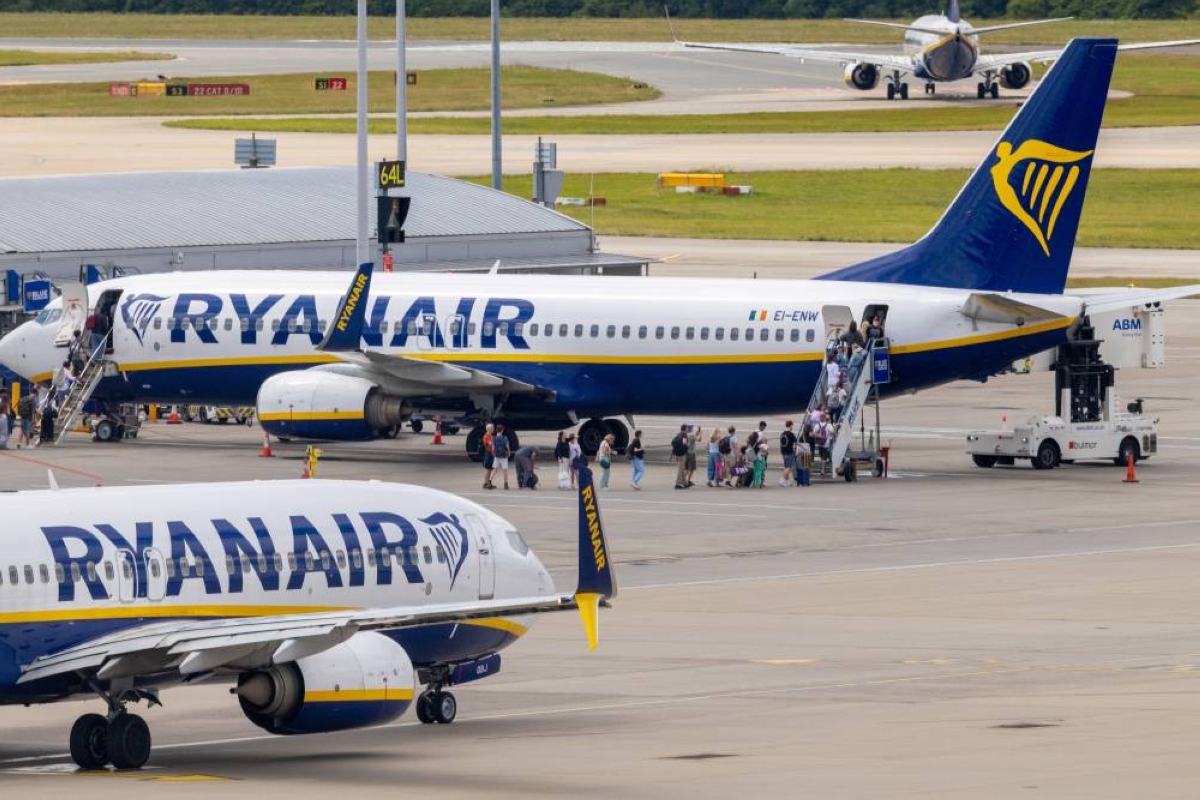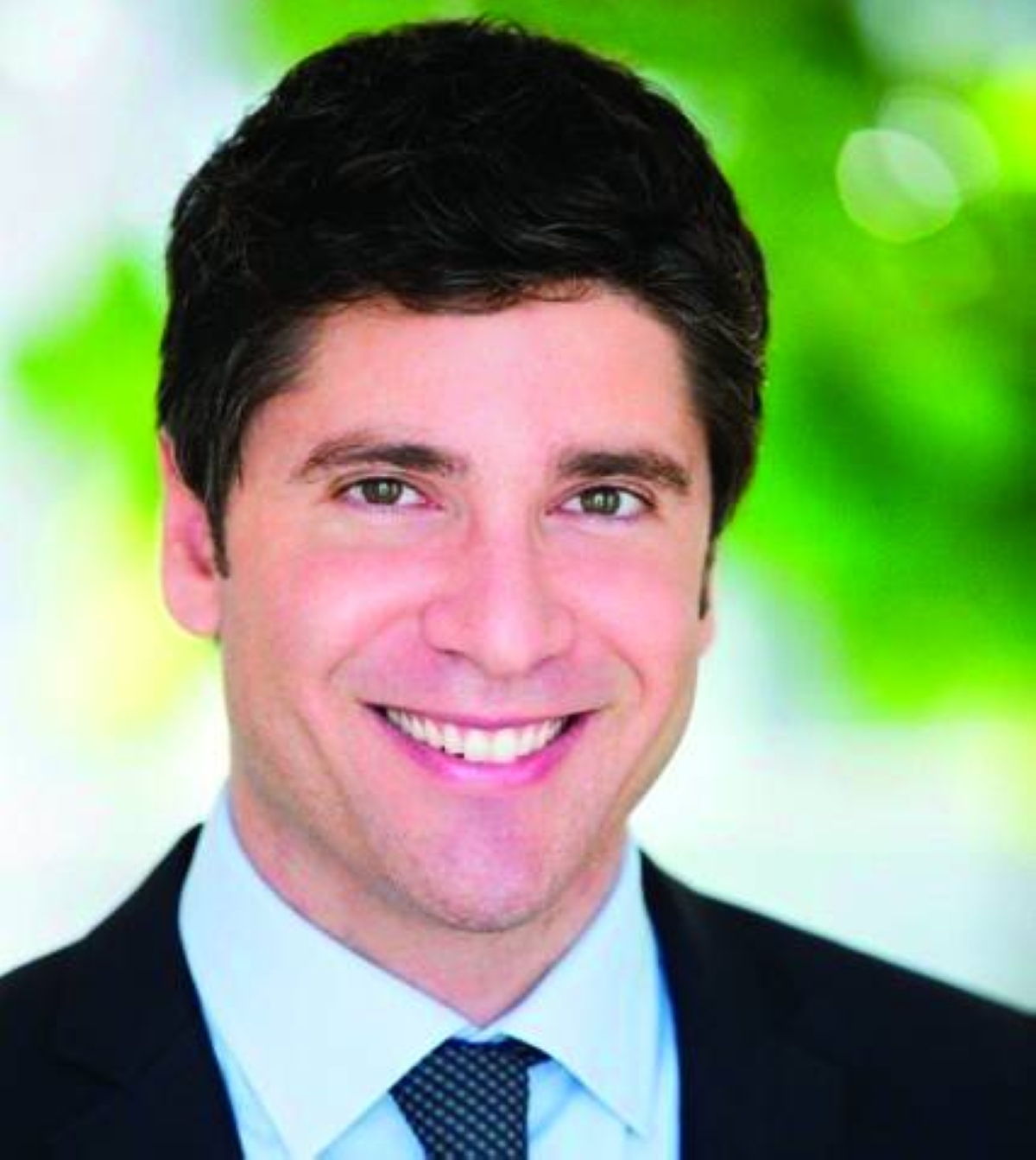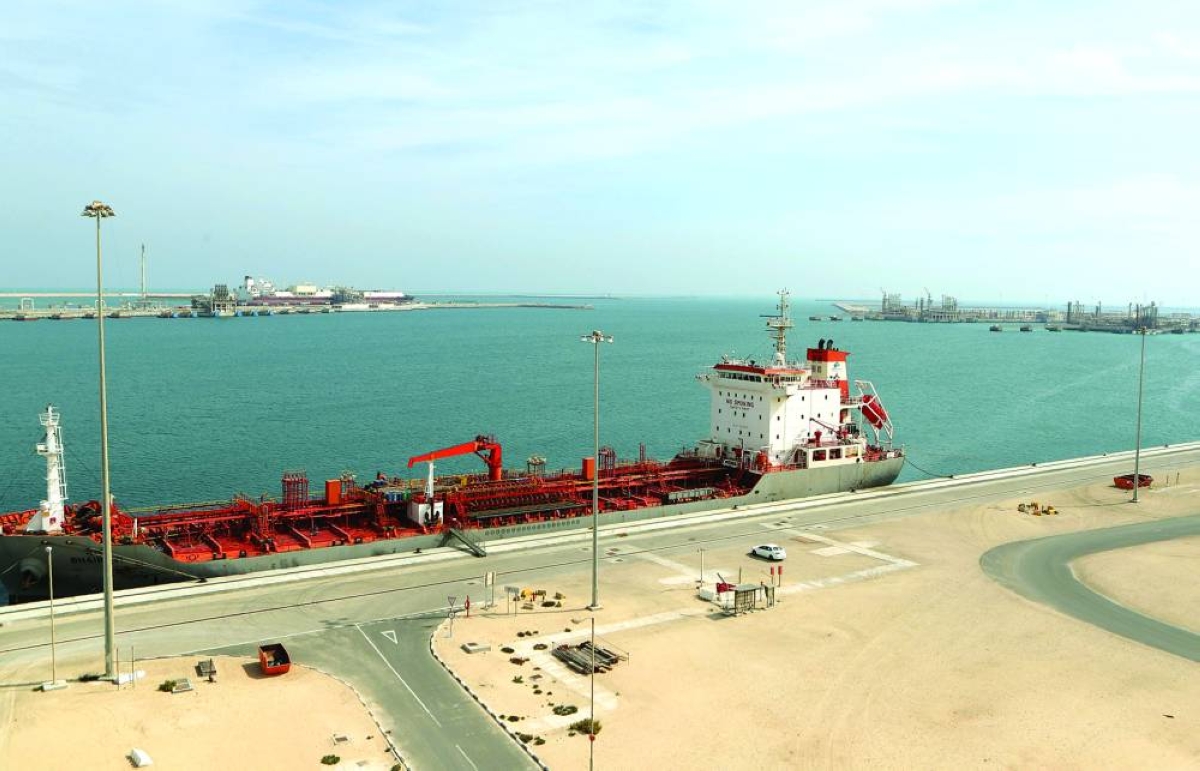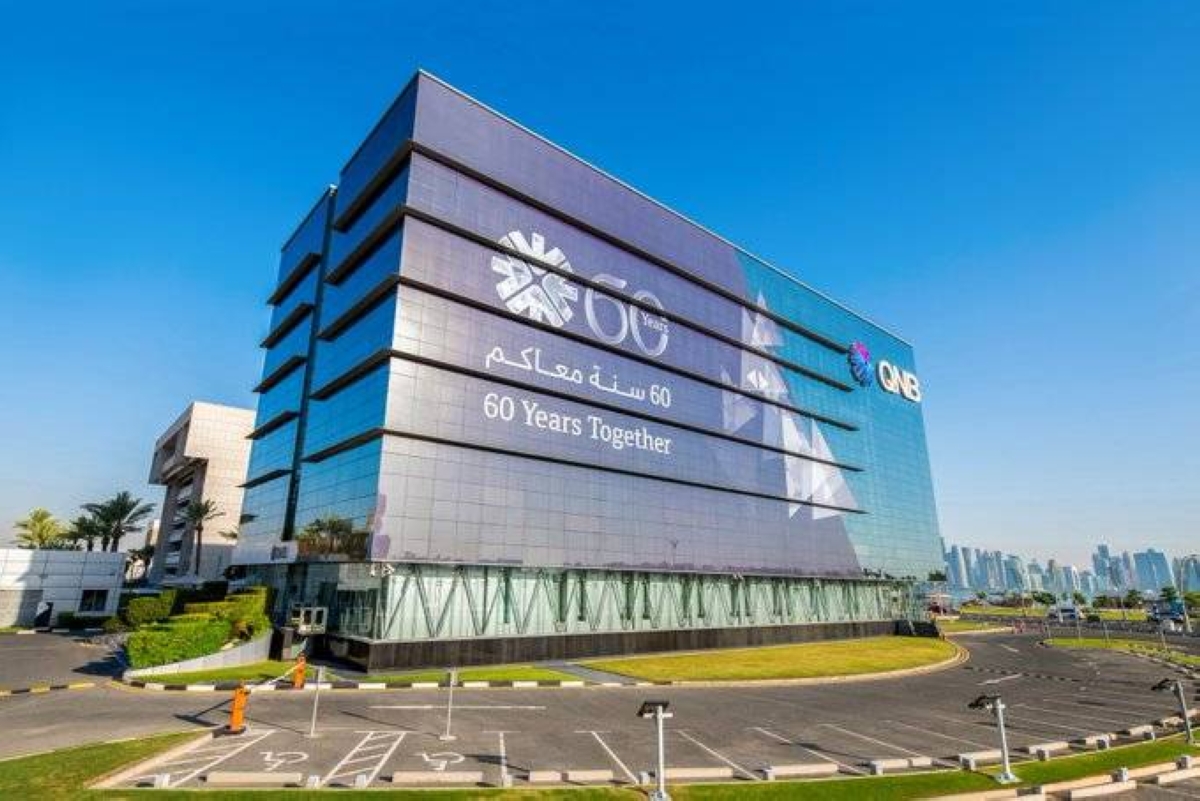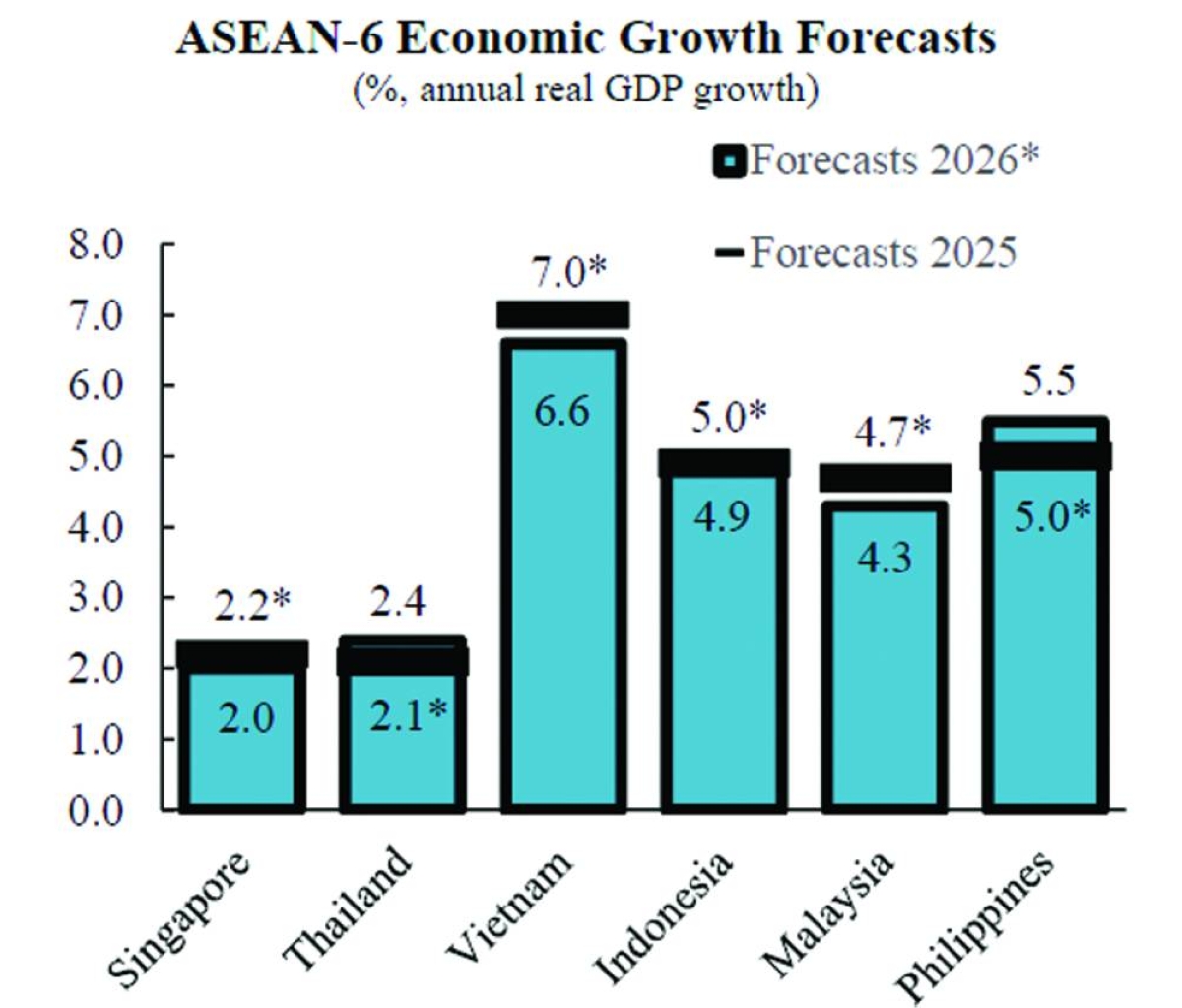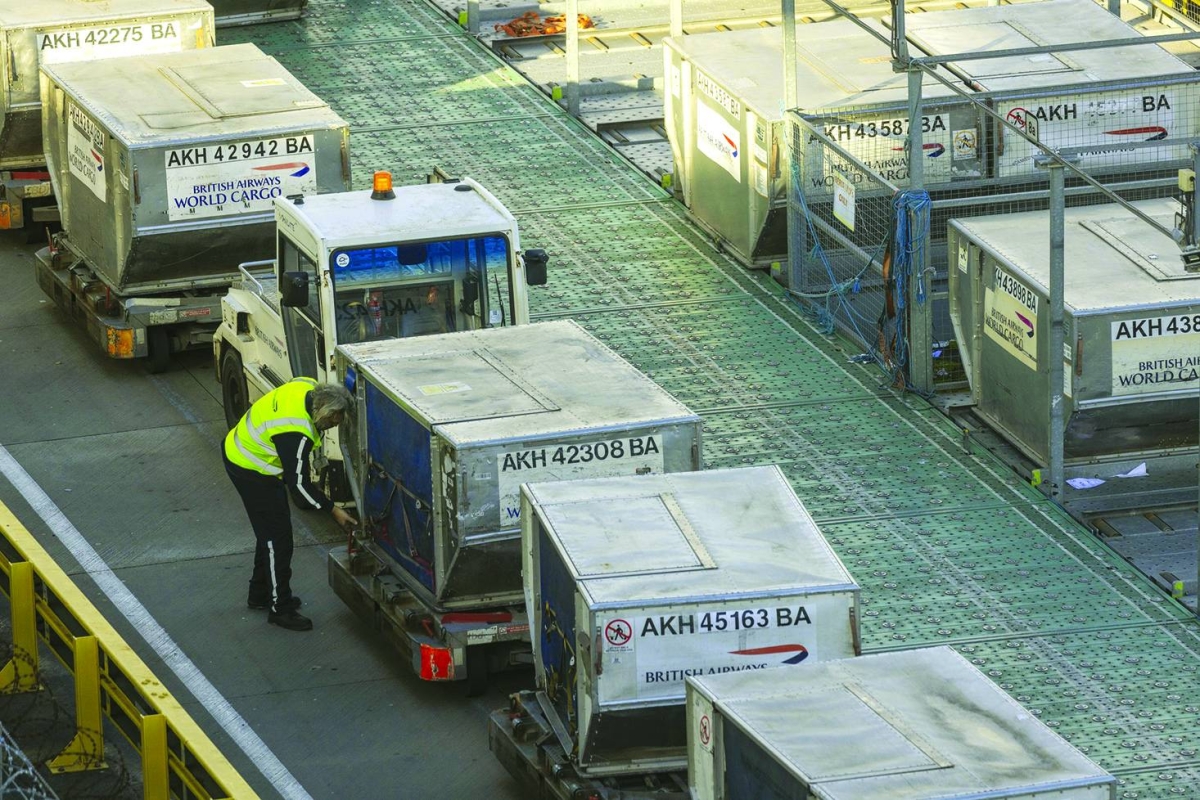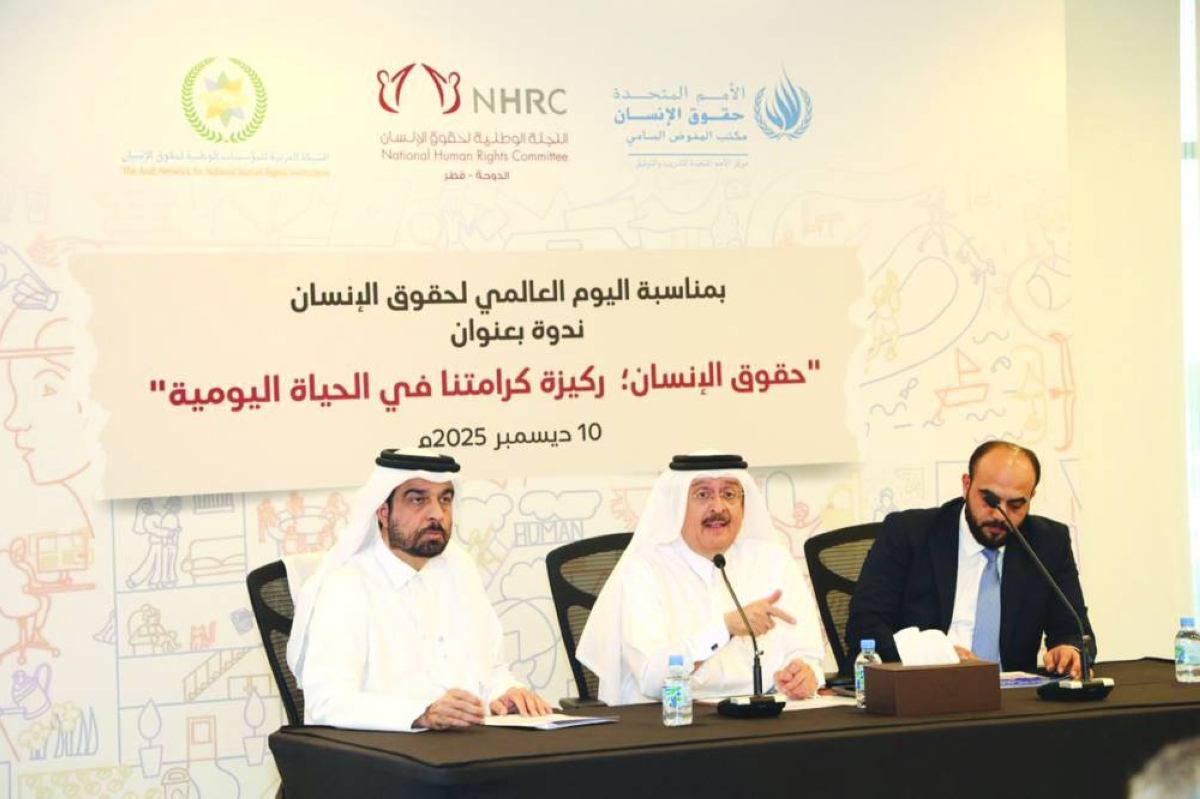Few would deny that there has been a shift away from multilateral co-operation in recent years. As the world becomes more multipolar, geopolitical tensions are hampering efforts to devise common solutions to shared problems, and rising nationalism and fiscal crises within many traditional donor countries are threatening the institutions on which multilateralism depends.As a realist, I recognize that today’s world is more dangerous than the one we inhabited not so long ago. But I am also confident that possibilities for long-term global collaboration remain. I have seen firsthand that multilateral co-operation often delivers results that otherwise would not be attained. My confidence stems from my experience as the chair of Gavi, the Vaccine Alliance. As my five-year tenure draws to a close, I find myself reflecting on what has underpinned Gavi’s success over the past 25 years and what this experience can teach us about adapting multilateralism for a rapidly changing world.The first lesson may sound simple, but it is too often forgotten: Always be mission-driven. Gavi exists to save lives and protect health by expanding access to vaccines in lower-income countries. It is this clarity of purpose that has helped halve child mortality in 78 countries and protect every one of us against the threat of infectious diseases. Nor is there any secret to our success. We have done it by uniting a multitude of public and private stakeholders, many with divergent interests, behind a common purpose.Gavi has always been a coalition of the willing, bringing together national governments, United Nations agencies, philanthropies, vaccine manufacturers, innovators, development banks, research institutions, and civil society. With its diverse skill set, expertise, and political clout, it has protected over half the world’s children against preventable diseases in any given year, as well as providing the world with core competencies during crises like the Covid-19 pandemic, when we led the global vaccine response.In a more multipolar world, similar approaches will be needed to drive progress in other areas where the provision of public goods (conflict resolution, education, health security, equitable access to AI) is too important to be held hostage by adversarial politics and sectional interests.That leads me to the second key lesson: Be mission-driven, but country-led. Gavi was founded in the spirit of partnership, not paternalism. Promoting national self-reliance has always been at the heart of its mission. Countries pay more toward the cost of their vaccine programs as their national incomes rise, up to the point where they can fully sustain their own immunization services. Some countries have even transitioned from recipients to donors.This responsiveness to country needs has made us relentlessly focused on innovation. In 2024, Gavi embraced the historic introduction of malaria vaccines because we recognized how unjust it was that so many countries, particularly in Africa, had to wait so long for such a breakthrough. The same year, Gavi also launched a financial innovation, the First Response Fund, to provide surge financing for the procurement of mpox vaccines, saving precious time that otherwise would have been lost raising additional funding.Today, Gavi is directing the same innovative zeal toward the future rollout of vaccines against tuberculosis, the world’s deadliest infectious disease. It is also advancing a new initiative, the African Vaccine Manufacturing Accelerator, with strong backing from the European Union and other donors, to support the African Union’s ambitions for regional high-value manufacturing. I predict we will see a far greater role for, and collaboration between, regional economic and political blocs as the key drivers of multilateralism in the years ahead.Every coalition needs strong governance and leadership. That is why Nelson Mandela was chosen as Gavi’s first chair. But ensuring that the interests of every stakeholder remain aligned is no simple task, and this insight was not lost on me when I was approached for the role in 2020. I was honoured, and I could not help noticing that the Gavi board had 28 seats, the same number of member states whose interests I sought to align when I was president of the European Commission.Throughout my tenure at Gavi, I have been guided by the enduring wisdom of Jean Monnet, a leading postwar advocate of European unity: “Nothing is possible without people, but nothing lasts without institutions.” Gavi is truly a unique institution. Not only is it a broad, inclusive alliance of national and international, as well as public and private, entities; it is also an international organization that has managed to avoid paralysis and inertia, unlike some major intergovernmental bodies. It has done so by maintaining a laser focus on protecting children – even in war zones where the only respite from fighting came from the need to vaccinate populations.Countries will always have reasons to disagree, but if anything can elevate the cause of peace above extreme national interest or ideology, it is the protection of children. Throughout my life, I have been at the heart of many seismic changes, from the Carnation Revolution in my native Portugal in the 1970s to the effort to advance peace, reconciliation, and democracy in Europe (for which I had the great honour of receiving the Nobel Peace Prize on behalf of the EU). In each case, historic changes needed a catalyst, which is exactly the role that Gavi has played in promoting public health.As we enter a more multipolar world, I would urge everyone to recognize the need for more mission-driven public-private partnerships like Gavi. There simply is no better way to address the challenges of our age.Jose Manuel Barroso, a former president of the European Commission and former prime minister of Portugal, is Chair of the Board of Gavi, the Vaccine Alliance.
Thursday, February 12, 2026
|
Daily Newspaper published by GPPC Doha, Qatar.

